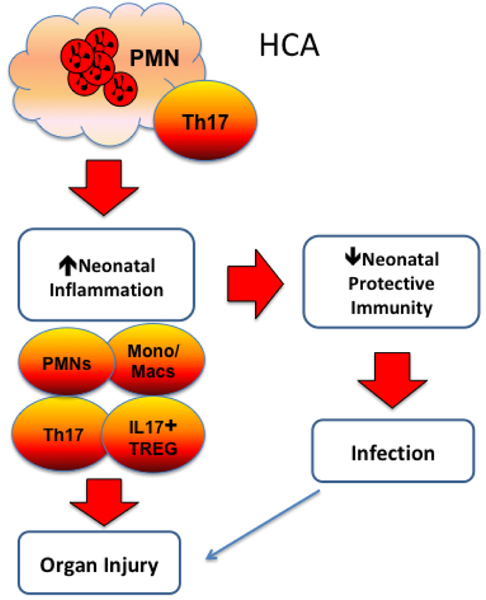Figure 1. Potential effects of HCA on neonatal inflammatory and immune responses.
Studies in humans and in animal models have linked HCA, a neutrophil (PMN)-driven placental disorder associated with increased Th17 responses, with exaggerated inflammatory responses of both innate and adaptive immune cells. Neutrophil (PMN) production and activation may be increased, along with the release of inflammatory cytokines and chemokines that promote PMN infiltration and injury to major organs. Experimental fetal inflammation can induce functional maturation and activation of monocytes (Mono) and macrophages (Macs) that can also heighten inflammatory responses. Fetal inflammation enhances the generation of inflammatory Th17 cells and IL-17+ Treg cells; while IL-17 is important to host protection, high levels can induce organ injury, particularly in the brain. Exaggerated inflammatory responses may lead to suppression of protective immune responses, which increase risk for infection. Neonatal infection in the context of HCA exposure has also been shown to increase risk for organ injury and has been linked to bronchopulmonary dysplasia.

